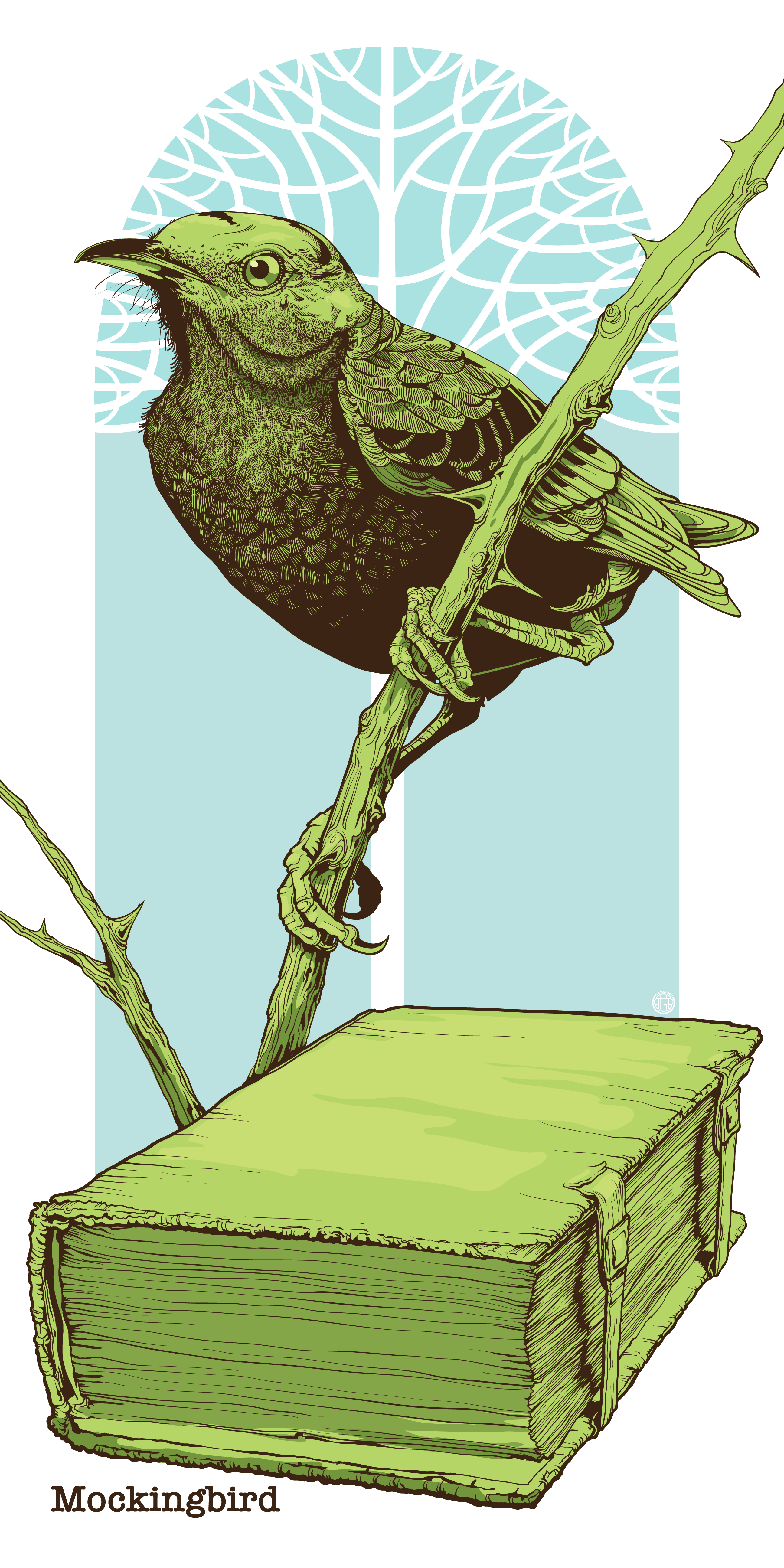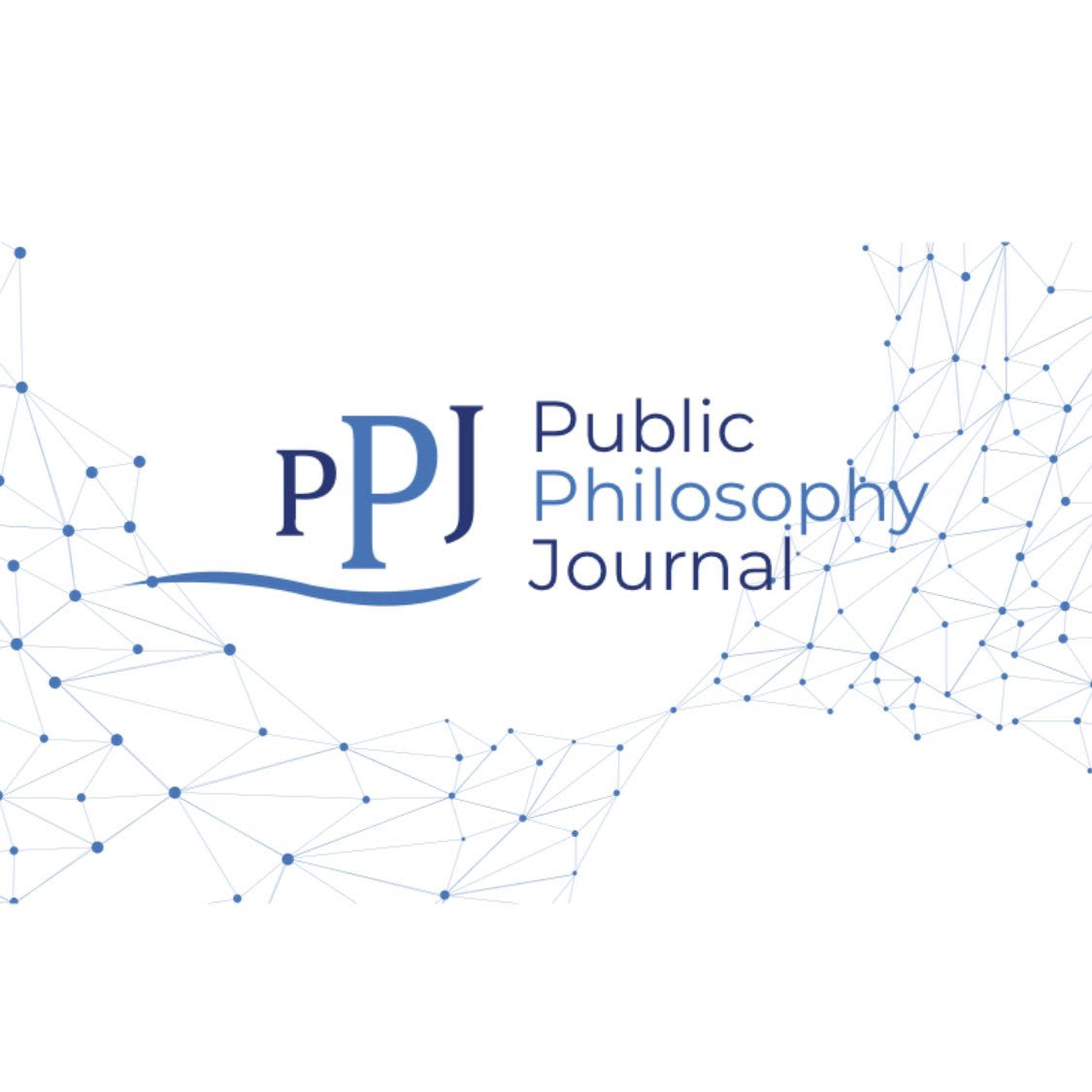PUBLIC PHILOSOPHY JOURNAL SPECIAL ISSUE ON "PHISH AND PHILOSOPHY"
Dr. Stephanie Jenkins, Ph.D. (Phish.net user @askesis) writes:
We’re excited to announce an upcoming series that The Mockingbird Foundation offers in collaboration with an academic journal.
This summer, the Public Philosophy Journal published a special issue on “Phish and Philosophy”—the first academic journal ever to be dedicated to the band—and Mockingbird’s participation in scholarly research was a first-of-its-kind partnership! Find buckets full of thoughts and read the articles via the PPJ’s online publishing platform at this link, and please click the "Read More" link below for more information. 
In the next three months, you also will have the opportunity to engage with the contributing authors in a bi-weekly AMA-book-club-style series.
The .net blog (phish.net/blog) will feature one author per week, giving you the chance to ask them questions and talk to them directly.
You can submit your questions in advance via this Google Survey and they will respond to them in a Phish.net blog post.
You’ll also have the opportunity to chat with them in the Comments to the posts throughout their assigned week. If you are not familiar with the “ask me anything” online format, you can learn about it here.
So you can have a sense for the articles’ topics, we asked the authors to tell us how they would describe their projects if we ran into them on the floor at a concert:
Christina Allaback: “The potential that Phish fans have while performing an identity at Phish shows.”
Kate Aly-Brady, Daniel Budiansky, Adam Lioz, Rupa Mitra: “How would you predict fans react to conversations about race in the Phish scene? We analyzed thousands of online comments and identified a type of defensiveness known as 'white fragility’."
Jason Del Gandio: “This essay looks at the unique role that ‘the vibe’ plays in the overall Phish experience.”
Denise Goldman: “My research looks at the discourse of the online community Phish Chicks and how the shared experience contributes to individual fandom.”
Stephanie Jenkins: “Philosophy should be experienced, without the chalk dust torture.”
Kristine Warrenburg Rome: “Rhinothropic micro-gaze of the phenomenon of ‘IT’ (I hope this happens once again).”
Isaac Slone: “I ask the question ‘How is my relationship with the band Phish one that is therapeutic?’ I think about how Phish brings meaning to their followers’ lives through their music’s communicative nature.”
Our first author to be featured in this series will be Isaac Slone. We hope you’ll join us and don’t forget to submit some concepts for us to ponder! Please complete the Survey and send us your questions as soon as possible. Thank you!

Comments
You must be logged in to post a comment.

 The Mockingbird Foundation
The Mockingbird Foundation